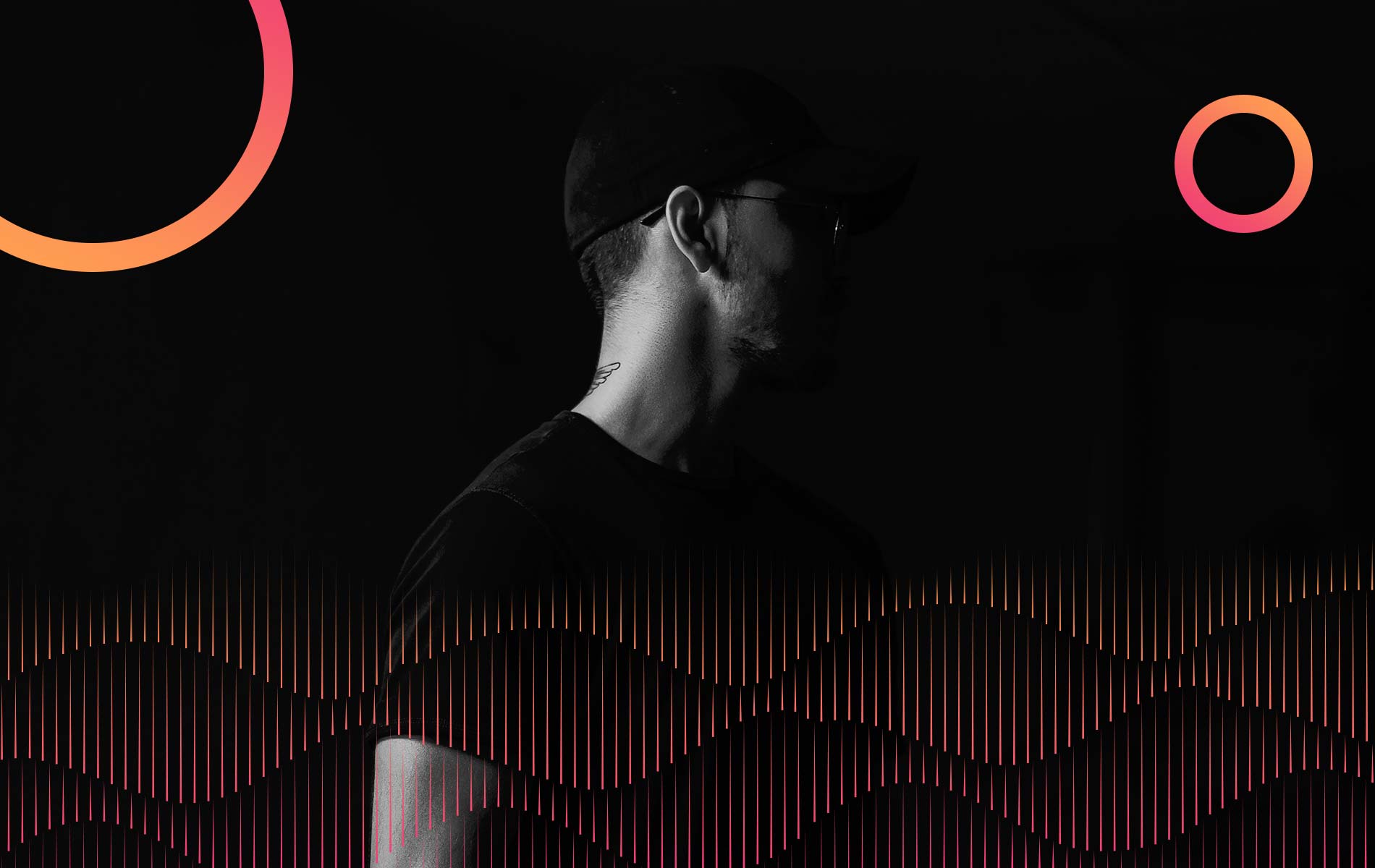News |
The day after California approved an expansion of driverless taxis, 10 of them came to a grinding halt on a busy San Francisco street, creating a gridlock that encompassed several blocks. The culprit behind the gridlock? A music festival. Aaron Peskin, president of the San Francisco Board of Supervisors (SFBV), expressed concern over the incident, stating, “Cell phones were overwhelmed, and as a result, they were not able to take control of these cars — which is a pretty frightening systemic defect.” Peskin revealed that in addition to the 10-car back-up in the city’s North Shore neighborhood, there were also scores of autonomous taxis that came to a halt near the Outside Lands music festival.
According to a report by CBC.ca, Peskin stated, “I got … tons of texts and emails and phone calls from pissed-off constituents.” The incidents have prompted the SFBV to petition the state to revoke its approved expansion of self-driving taxis until this issue, and others like it, are resolved. Peskin emphasized the public safety hazard posed by allowing unlimited numbers of driverless taxis on the roads while these problems persist. Cruise, the company that owns the autonomous taxis involved in the gridlock, responded by stating that they successfully transported thousands of concert-goers and addressed the issues before the subsequent concert days.
San Francisco has been at the forefront of testing autonomous vehicles, with Cruise and Waymo (owned by Google’s parent company, Alphabet) being the major players. The recent approval by the California Public Utilities Commission (CPUC) allowed Cruise and Waymo to start offering driverless trips to paying customers, 24 hours a day. Prior to the approval, the companies were only allowed to offer fared service without a safety driver during certain times and in limited parts of the city. CPUC commissioner John Reynolds expressed belief in the potential of autonomous vehicles to increase road safety but emphasized the importance of collaboration between industry stakeholders and the first responder community to resolve emerging issues.
Peskin believes that the incidents in San Francisco highlight the rush for companies like Cruise and Waymo to recoup their investments in autonomous technology, rather than focusing on ironing out the technology’s flaws. He also mentioned that San Franciscans have become accustomed to documenting glitches of autonomous vehicles on social media. Peskin further warned that these issues will soon affect cities worldwide and encouraged other jurisdictions to establish regulatory mechanisms to address these concerns before they arise.
Key Take Away:
- Ten driverless taxis experienced a gridlock on a San Francisco street due to a music festival, forcing the vehicles to come to a halt
- The San Francisco Board of Supervisors is petitioning the state to revoke the expansion of self-driving taxis until issues like this are resolved
- The incidents have prompted concerns about public safety and the rush to deploy autonomous vehicles without resolving systemic defects
- San Francisco is a leading city in testing autonomous vehicles, currently involving two major players, Cruise and Waymo
- The recent approval by the California Public Utilities Commission allows for driverless trips to paying customers, 24 hours a day
Credit: cbc.ca
ENND









 Invalid license, for more info click here
Invalid license, for more info click here